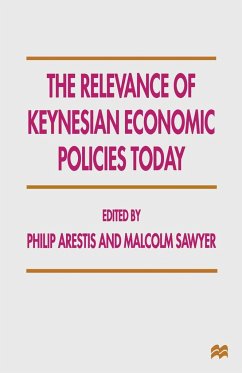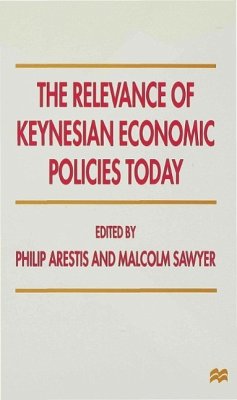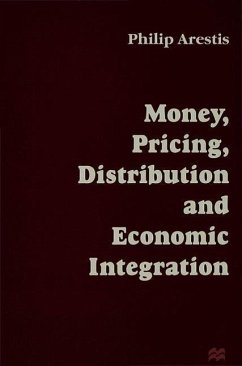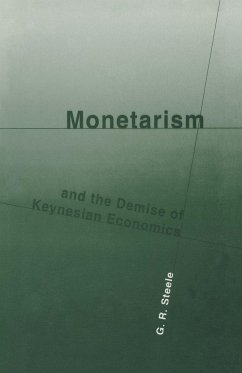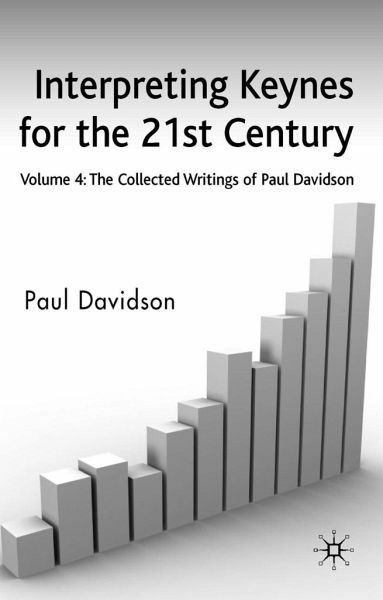
Interpreting Keynes for the 21st Century
Volume 4: The Collected Writings of Paul Davidson

PAYBACK Punkte
38 °P sammeln!
The 4th volume of Davidson's major contributions to the economics and policy debates of our times, this book contains articles, newspaper columns and papers that explain why Keynes's General Theory , as developed by Post Keynesian theorists, provides important policy implications for the economic problems of the 21st century global economy.







